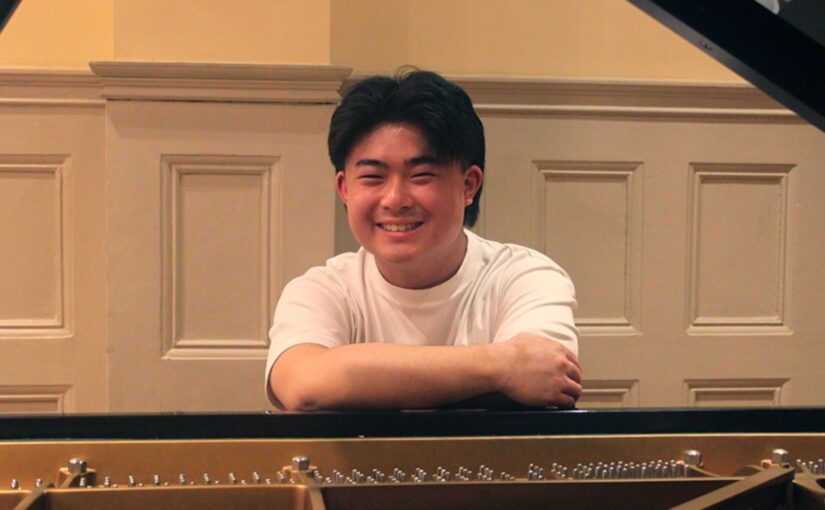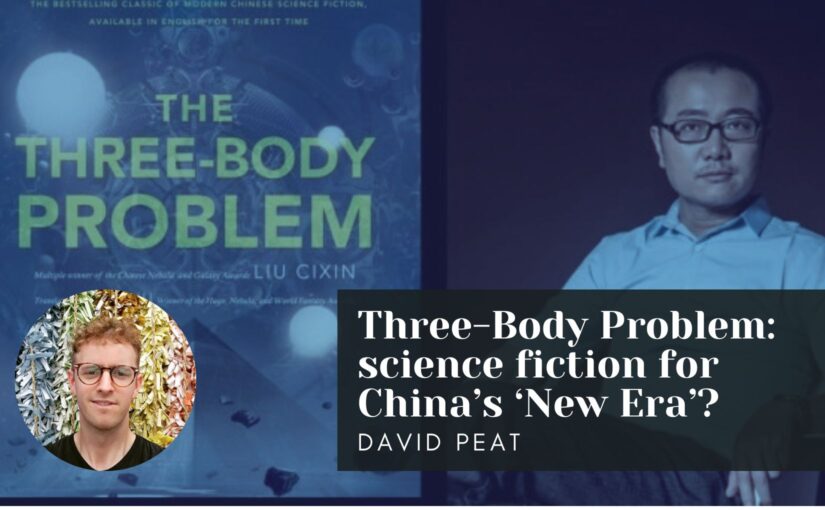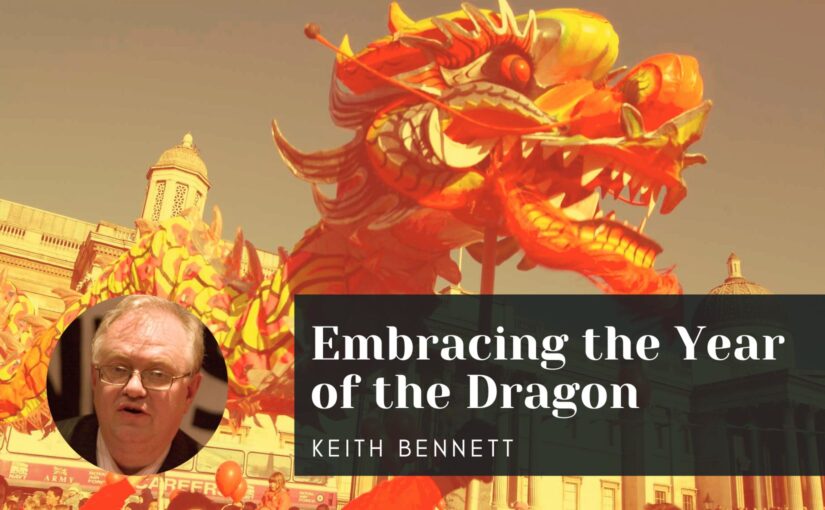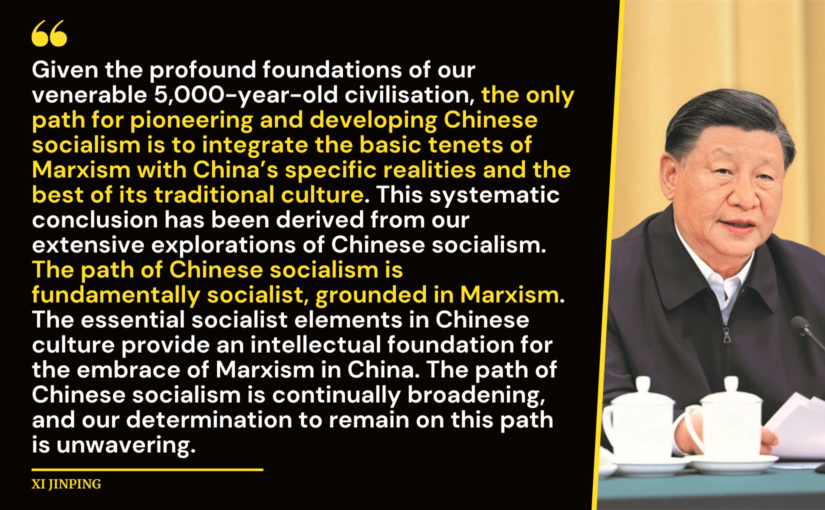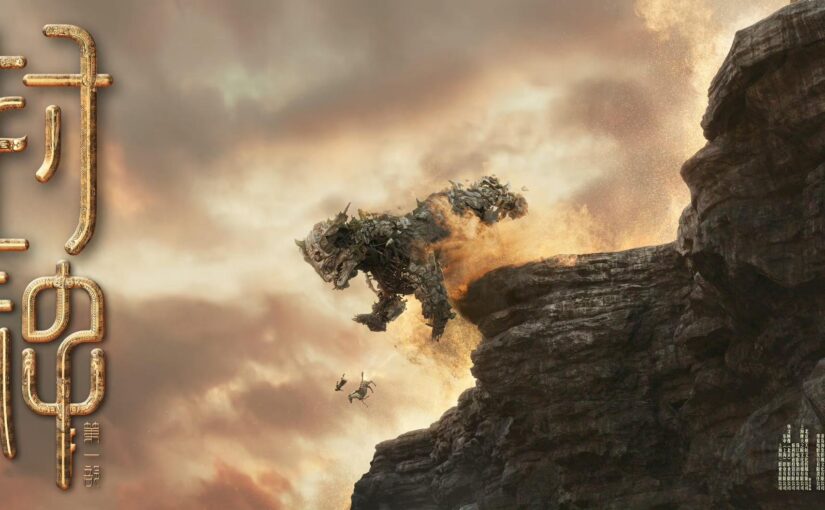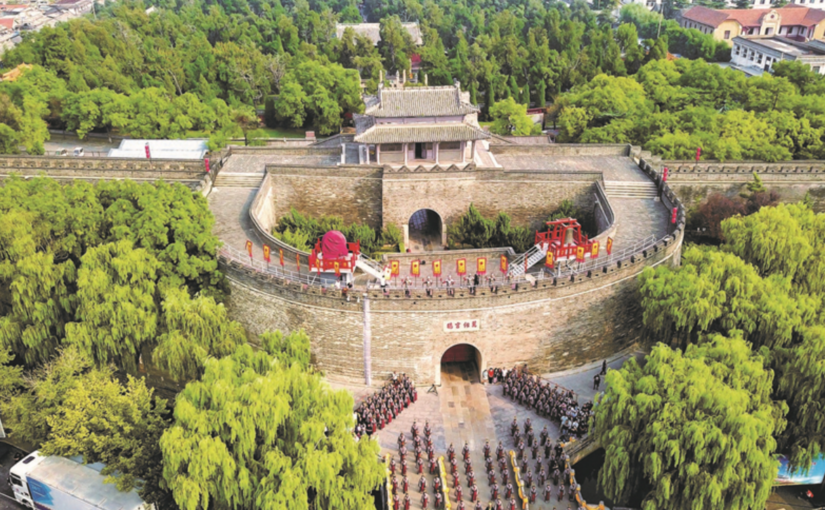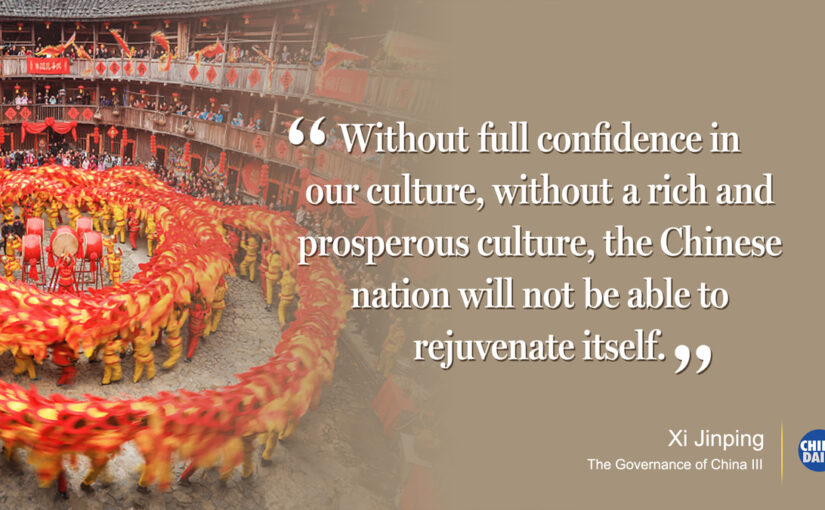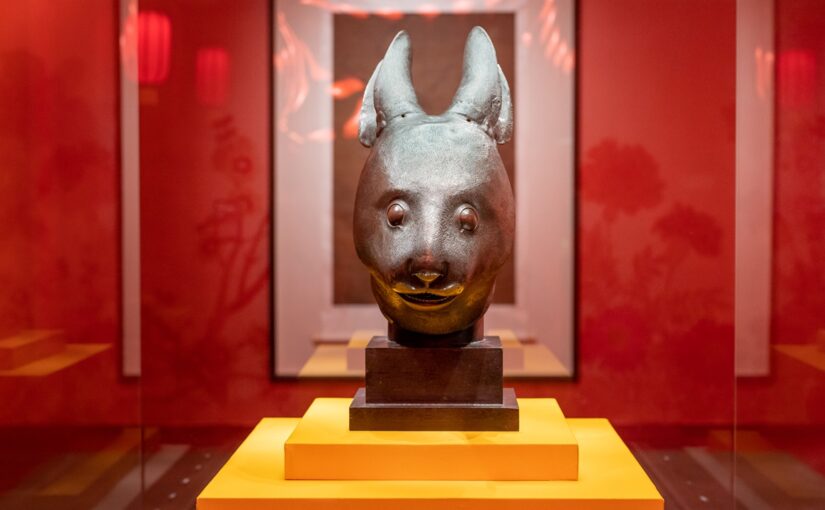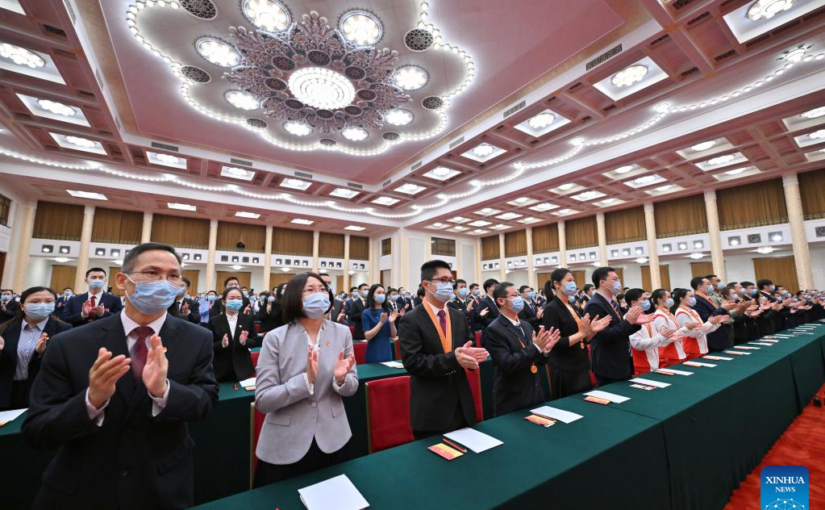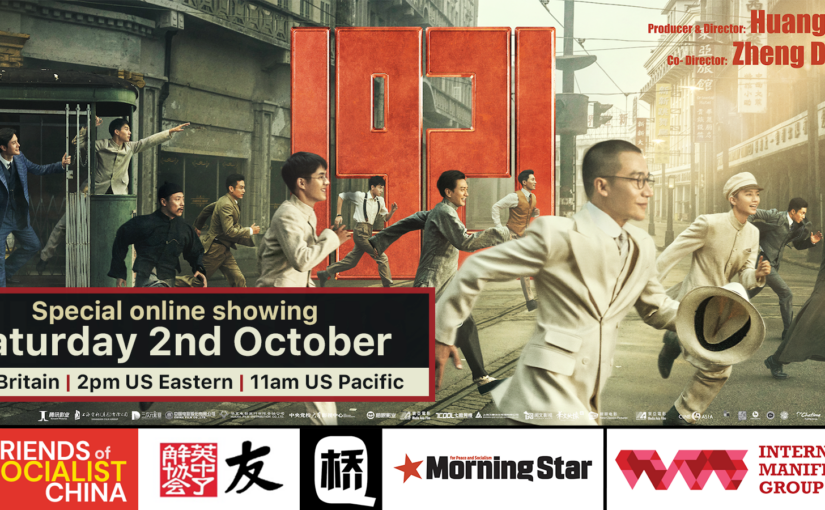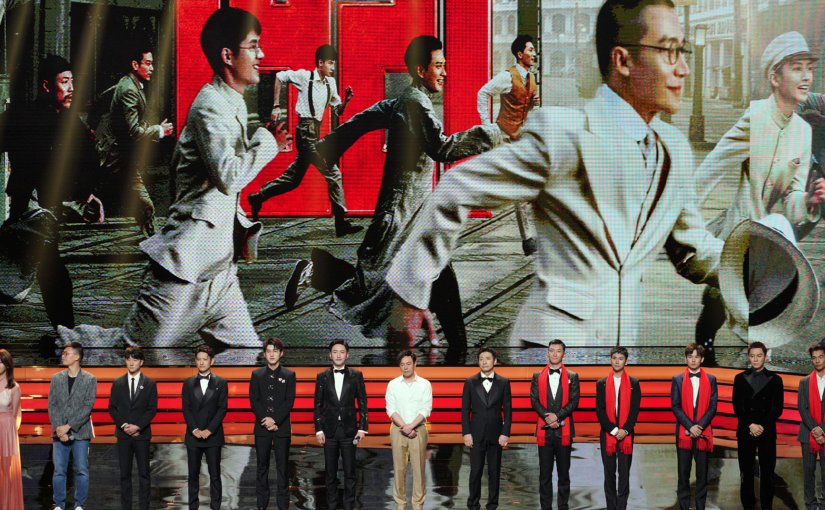We are pleased to republish the below review of a May 21 piano recital by Aidan Chan, which originally appeared in the Morning Star and was written by the paper’s classical music correspondent Simon Duff.
Aidan is a brilliant young Irish Chinese pianist whose work is often described as “fearless, courageous and ambitious.” A campaigner against racism, and a member of the FOSC Britain Committee, Aidan explores the relationship of music to revolution and of identity and social structures to performance.
His concert, held at the 1901 Arts Club in London’s Waterloo, a hidden gem of the London cultural scene, focused on the work of Wagner, along with the London premiere of a new work by the up and coming British Chinese composer Alex Ho. Aidan describes this piece as being “a response to Puccini’s opera Turandot, in particular its Orientalist portrayal of Chinese cultures and people.”
The concert also featured a video and poetry piece by Aidan entitled ‘What Light Shines There?’, inspired by the interdisciplinary work of the late Korean American author and artist Theresa Hak Kyung Cha, who was tragically murdered in 1982, during which he read a poem while images portrayed the nuclear ‘doomsday clock’, intertwined with montage of a US air strike on Syria.
AIDAN CHAN is an Irish Chinese pianist whose work favours an exploration of identity and social structures through performance. He has an affinity for Chopin and Mozart. In short he is fearless, courageous and ambitious.
For his London May concert Chan chose to focus on the work of Wagner and emerging British-Chinese composer Alex Ho.
The concert opened with Wagner’s Prelude from Tristan und Isolde arranged for piano by Zoltan Kocsis. Opening with a delicate two-note harmonic suspension opening it gives way to clusters of build-up chords. Dark and menacing clouds complete the soundscape before moving into lighter tones and moods of brief optimism, before Wagner’s full dynamic range explores his notions of God and revolutionary zeal.
Under Chan’s cool flexible and light playing, the piece flowed and the rhythmic intensity worked with poetic touches.
The passion and commitment continued through the next piece by Wagner’s Feierlicher Marsch from Parsifal, arranged by Liszt. Playing on the 1901’s Steinway Model C grand piano, the tonal clarity shone out.
Speaking ahead of the concert Chan explained what drew him to perform Wagner: “I’m particularly interested in his legacy as a cultural zeitgeist. There is a hauntological element to it that keeps finding its way into social and political discourse. Last year I read Paradoxes and Parallels, a collection of conversations between Daniel Barenboim and Edward Said and that pushed forward my thinking about my position as a performer of Western classical music in the context of today’s world.”
Wanting to create a piece which further contextualised some themes common to the Wagner’s works, a section of the concert was given over to a video and poetry piece by Chan entitled Light What Light Shines Through, inspired by the interdisciplinary work of Korean American author and artist Theresa Hak Kyung Cha. This pointed towards the transience of time and death/rebirth as a cycle, and also consumer alienation and apathy. Chan read a poem and the images, over silence, were of a doomsday clock intertwined with montage of a US air strike on Syria.
Contemporary composer Alex Ho’s work is deeply admired by Chan. His new work — premiered at the concert — is called Torn, to the ground, exhausted, sobbing. It begins with slow minimal notation with Chan singing a lullaby-like series of high notes as he played a high note melodic note cluster, before moving on to Copeland-inspired fast-paced sections, and then into area of modern Chinese jazz.
On the Steinway the overall intention and effect was stunning. Ho is moving into new important territory.
Chan adds: “The piece is a response to Puccini’s opera Turandot, in particular its Orientalist portrayal of Chinese cultures and people. As a performer it always broadens my horizons to work with him as he actively encourages dialogue between performer and composer and leaves much space for his music to be communicated through the performance itself.”
The final piece was a return to Wagner and Liszt in the form of the Isoldens Liebestod from Tristan und Isolde. Slow builds into further grand operatic chordal gestures.
At the end of the evening the audience knew that they had witnessed a special concert. Some 12 hours later the general election was called. Hope for a brighter future ahead, indeed.
